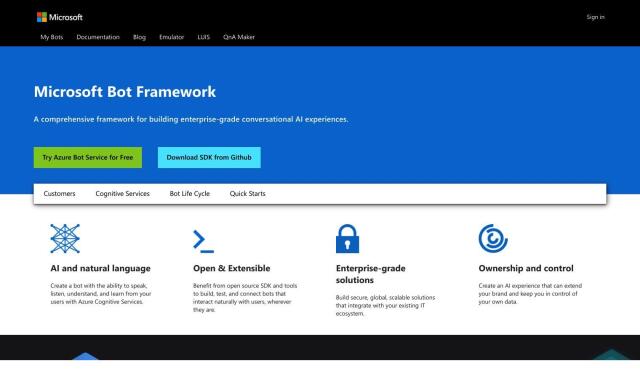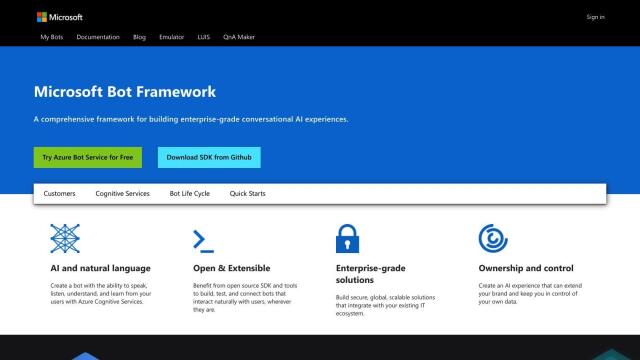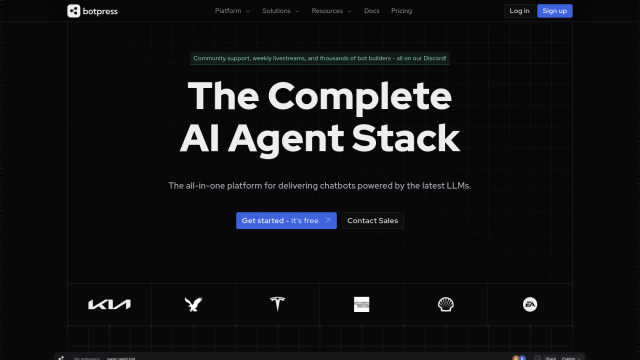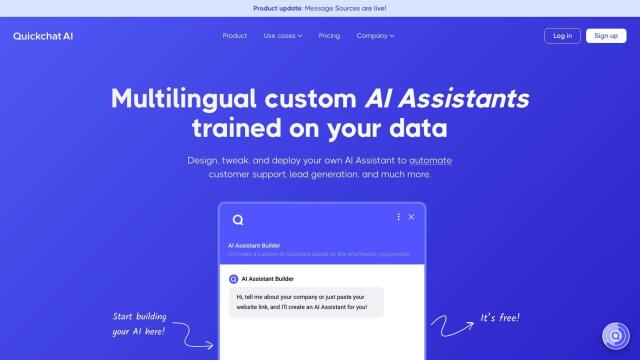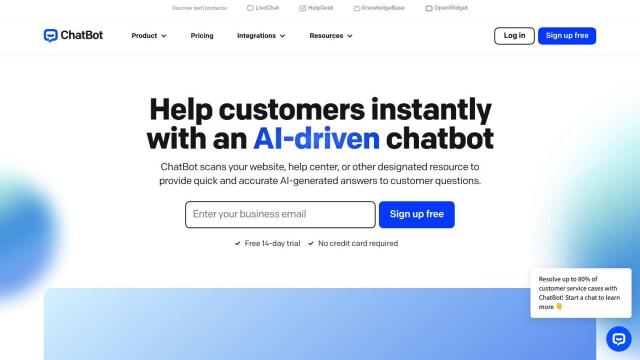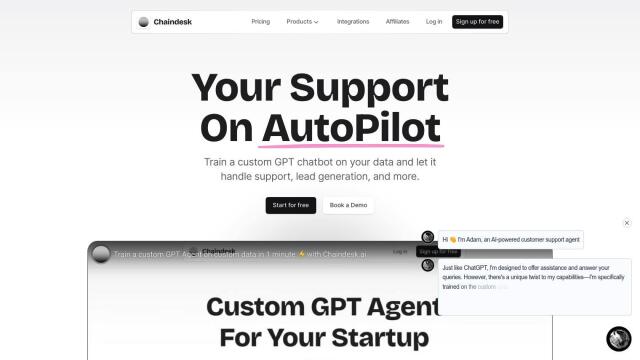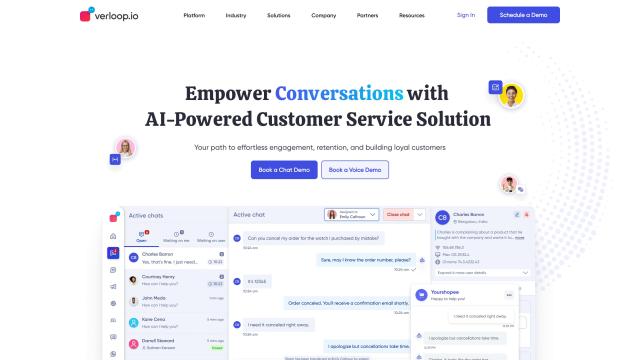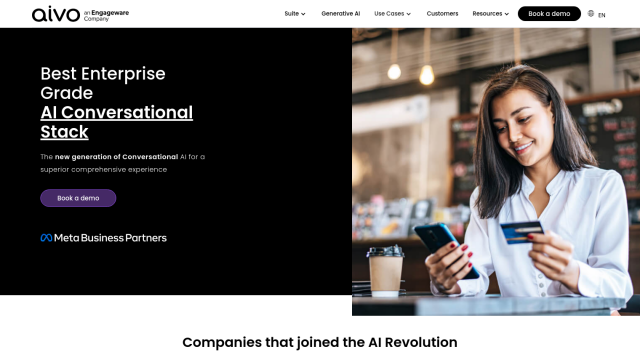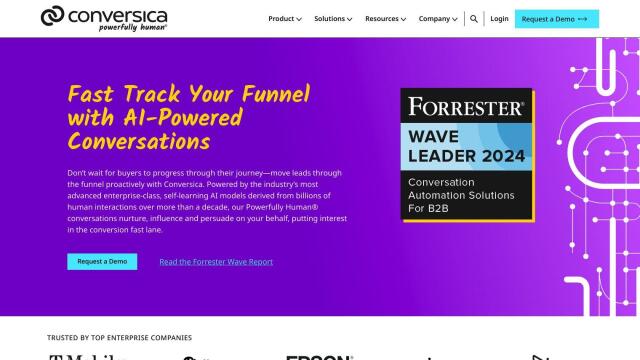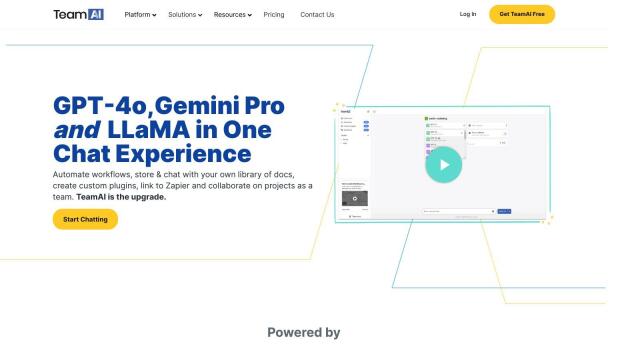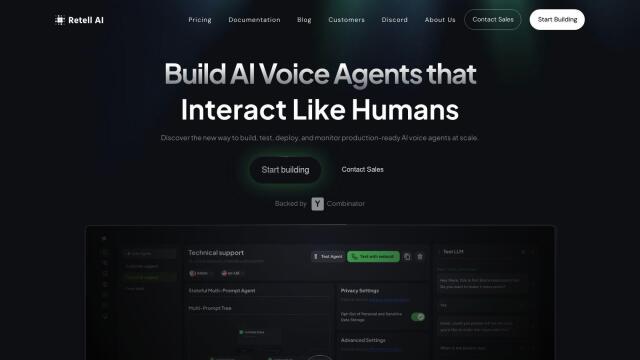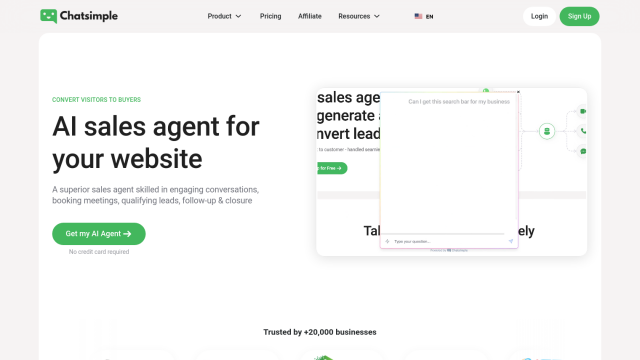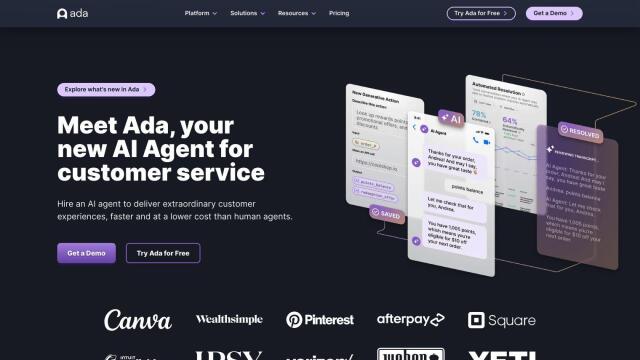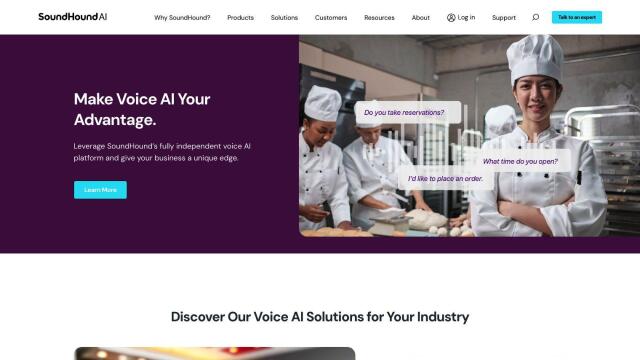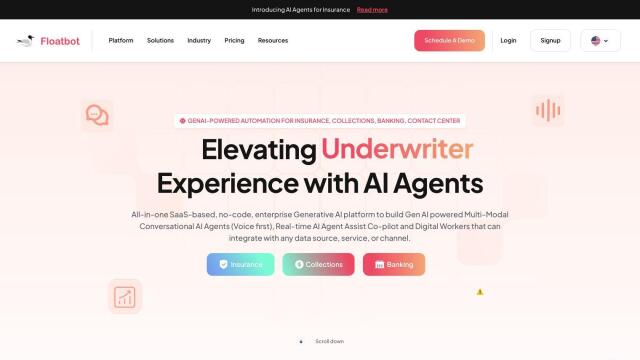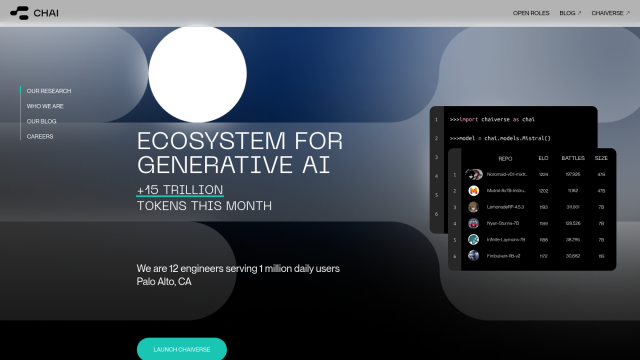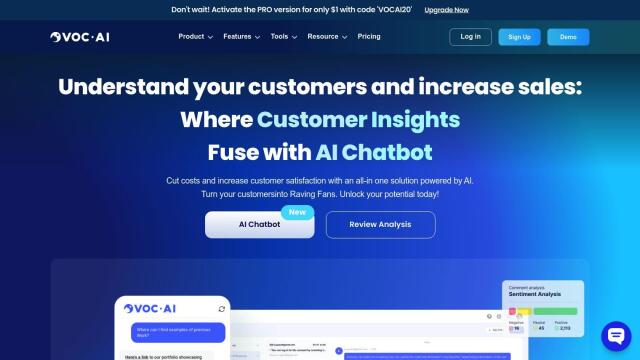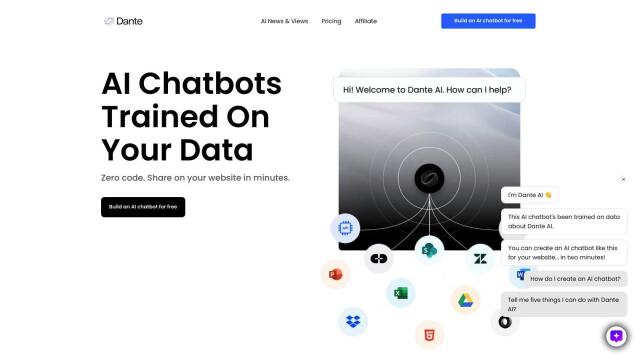
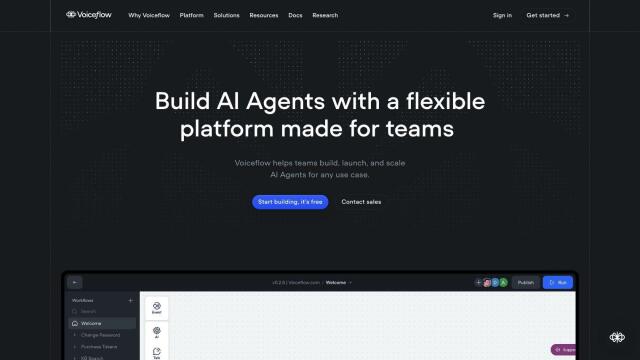
Voiceflow
If you're looking for a Microsoft Bot Framework alternative, Voiceflow is worth a look. It's a collaborative tool for building and deploying chat and voice AI agents. With a visual drag-and-drop builder, data management tools and integration with many services, it can handle a broad range of use cases, including customer support and in-app help. Voiceflow's pricing plans are flexible, with an entry-level Sandbox plan and more advanced options for teams and enterprises.

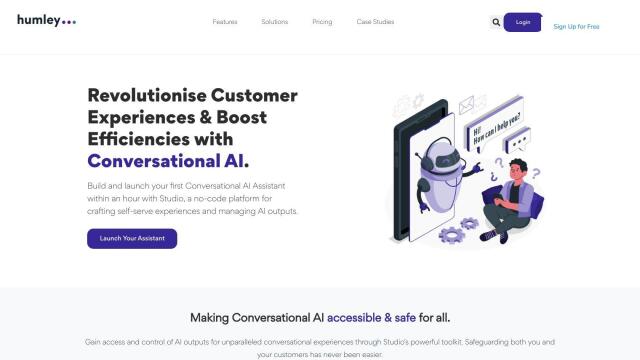
Humley
Another option is Humley, a no-code tool for fast development of conversational AI assistants. It uses generative AI and comes with a graphical toolkit for creating and launching assistants. Humley supports multiple channels and offers several pricing plans, including a free plan so you can try it out without incurring costs. It's good for customer experience work and automating mundane questions in many industries.

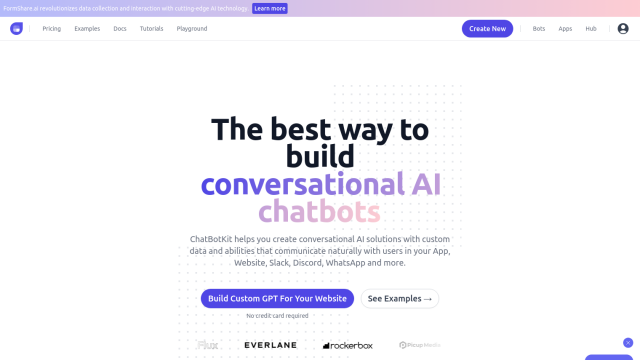
ChatBotKit
If you're more of a developer, ChatBotKit is a powerful foundation for building AI chatbots that works with multiple languages and interfaces. It comes with a powerful API, several SDKs and integrations with chat apps like Slack and Discord. ChatBotKit prioritizes user privacy and security, so it's good for use cases like AI help and automation. Its pricing plans range from free to more advanced, collaborative options.

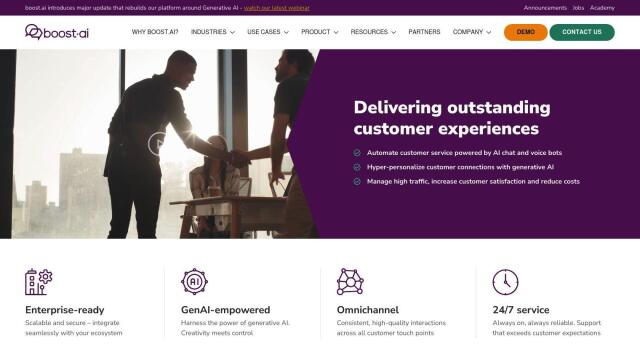
boost.ai
Last, boost.ai is an enterprise-focused conversational AI tool for customer satisfaction and service automation. It takes a hybrid approach that combines human and virtual agents, with features like omnichannel consistency, 24/7 coverage and integration with existing systems. The tool is designed to increase self-service rates and ensure high-quality interactions, so it's a good option for companies that want to modernize their customer service operations.
